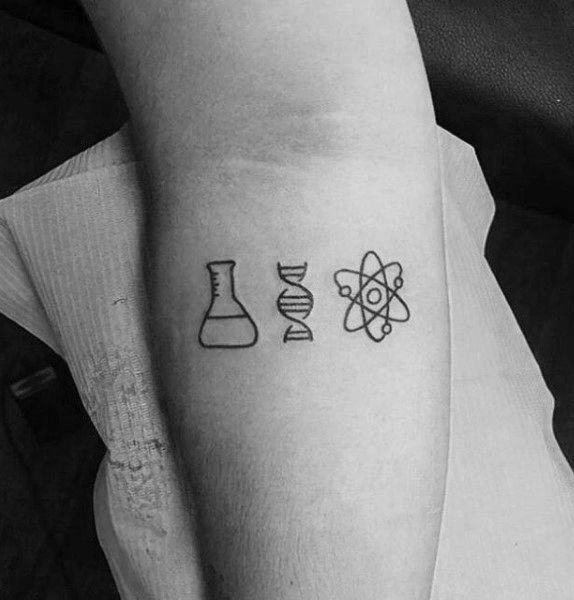
I’ll start with some basic good news – each of us has been given a magnificent metabolic machine called the body. It is designed to optimize it’s complex systems in order to most efficiently provide energy for activity, maintenance(growth/repair) and survival. Although we’ve tried for millenia, humans have not been able to understand all the systems and processes of the body, fully. However, through scientific method, we now know enough that we can make great strides in improving how we fuel, exercise, rest and repair our machines. We can even manipulate the chemistry of the body with healthful benefits. And it’s a good thing, too. Because, as I mentioned earlier, many 50+ women have worked hard at nutrition and exercise and not seen expected results. If this is you, it is likely you’re challenged by body chemistry. I’m not a doctor or endocrinologist, but I can hint at some of the potential culprits which might be hindering your results. If you think I’m onto something, I suggest you investigate, further with your physician or a specialist.
Breakdown Of The Endocrine System
The Endocrine System consists of the Pituitary Gland (Master), Adrenal Gland, Thyroid and Reporductive systems. Often we think of the system as simply hormone producers. And in discussing women’s frustration over the differences between the middle-aged sexes and weight loss, hormones deserve attention. Here are some characteristics to consider and potential problems you might be able to rectify through nutrition or medical intervention.
Epinephrine (adrenaline) – Triggered by the Pituitary Gland, activating adrenaline secretion from Adrenal Gland to prepare the body for activity, including…
- Increases heart rate
- Elevates blood glucose levels (energy)
- Redistributes blood to active tissue
- Opens up airways
Potential problem: low adrenal gland activity (very low heart rate)
Testosterone vs. Estrogen – It just so happens that Testosterone, which is more plentiful in men (by up to 10x more than women) is the key to repair and building of muscle tissue, whereas estrogen, which women produce more of, distributes fat to hips, buttocks and thighs. Both men and women produce both testosterone and estrogen. Testosterone levels are increased if regular, rigorous exercise is performed by men or women. Menopause creates another challenge for women – insulin resistance – which decreases the body’s ability to metabolize sugar for energy, instead storing it as fat in all the wrong places. This necessitates those who enjoy regular wine and other alcoholic beverages, chocolate, etc. to moderate their behavior.
Cortisol – When the body is put under stress, including by exercise, the Adrenal Glands release Cortisol into the blood stream. Cortisol maintains energy through the breakdown of carbohydrates, fats and protein. So, Cortisol is a necessary and normal hormone. However, if stress is constant, or a person is overtraining, not sleeping sufficiently, or eating poorly, Cortisol can become the enemy by breaking down muscle tissue, among other health issues.
How Hormonal Imbalance Counters Weight Loss Measures?
Let’s start with the thyroid, which regulates heart rate, body temperature and metabolism. If your thyroid is not sufficiently active, then you could be experiencing hypothyroidism, which has been known to reduce metabolic rate – the rate at which food is converted into energy.
If you have an abundance of estrogen and/or deficient levels of testosterone, this also could result in stubborn fat around belly, hips and thighs.
Sustained stress can cause too much cortisol to be present in the bloodstream. This could result in abdominal deposits of fat, reduction in energy, reduced ability to tone and build muscles, and potentially increase in cravings for unhealthy foods.
Consider These Changes To Your Weight Loss Program:
- Shorter, more intense workouts, including resistance training. I love circuit training for this reason.
- Carb load prior to workouts.
- Eat the right carbs.
- Try to balance your macronutrients: 40-45% Carbs. 40-45% Protein. 15-20% Fats.
- Don’t eat carbs late in the evening.
- Reduce sugar and alcohol intake.
- If these don’t work, go see a physician and possibly an endocrinologist.
I’ll conclude by saying that there is no legitimate reason a 50+ woman cannot lose fat. Through the right mindset, nutrition, exercise and exploration of body chemistry, you can create a program that will lead to goal achievement.
For more information, or to work with Coach Mick, Certified Personal Trainer and Nutrition Coach, complete and submit THIS SIMPLE FORM.
